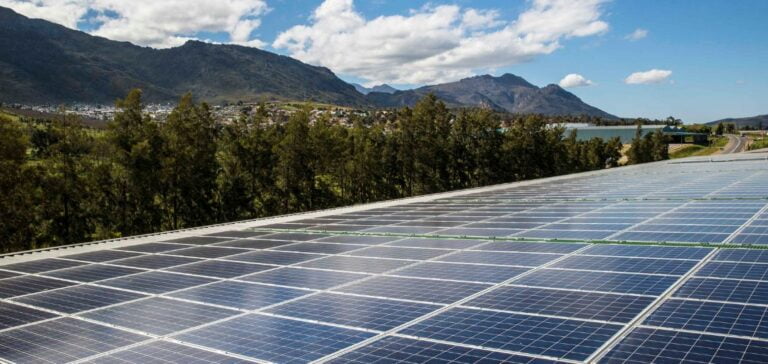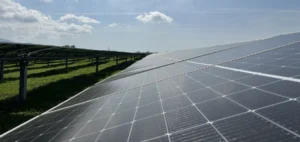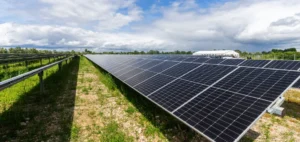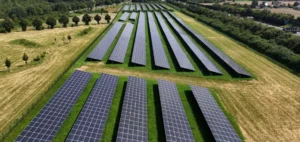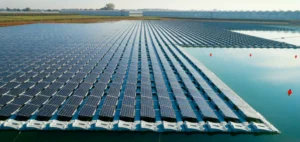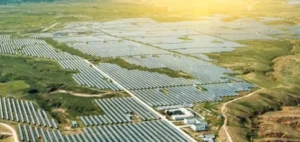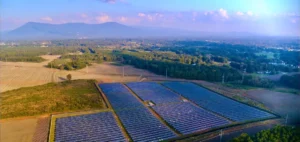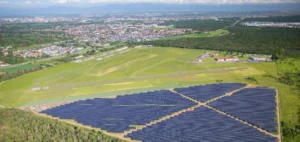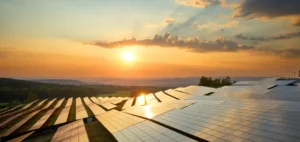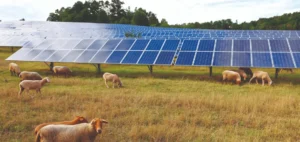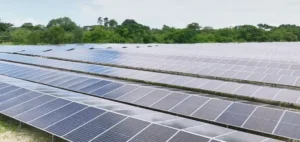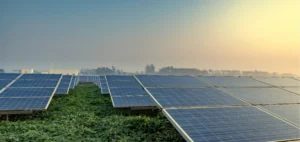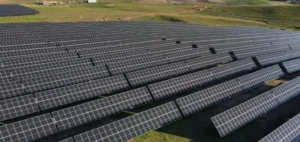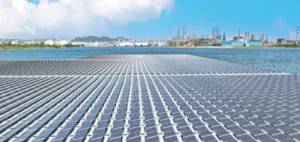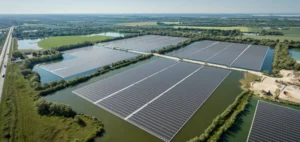Construction of the 126-megawatt Sarimay solar power plant has begun. It marks an important step in the expansion of renewable energies in Uzbekistan. The plant is expected to prevent 116,000 tonnes of CO2 emissions per year, and is scheduled to be operational in the second half of 2025. The electricity sales contract has a minimum term of 25 years. It was awarded following a call for tenders managed by IFC, a subsidiary of the World Bank.
Strategic expansion in energy storage
At the same time, Voltalia has signed two new strategic partnerships for the development of energy storage. The first concerns the extension of the Sarimay complex with the addition of 50-megawatt and 100-megawatt-hour batteries. The second is the creation of a new storage complex with a capacity of 500 megawatts and 1,000 megawatt-hours. These projects aim to support the stability and sustainability of Uzbekistan’s power grid.
Impact and future of Voltalia’s projects in Uzbekistan
These initiatives illustrate Voltalia’s commitment to Uzbekistan and its desire to play a key role in the country’s energy transformation. The company focuses on solutions that support the decarbonization and stabilization of the country’s electricity infrastructure. In addition, long-term sales contracts for large-scale energy storage projects offer Voltalia the opportunity to accelerate its battery storage strategy without being exposed to fluctuations in electricity market prices. Voltalia’s commitment to Uzbekistan is reflected in the launch of ambitious projects. By strengthening the company’s portfolio in renewable energies, but also by supporting the country’s sustainable development objectives.

